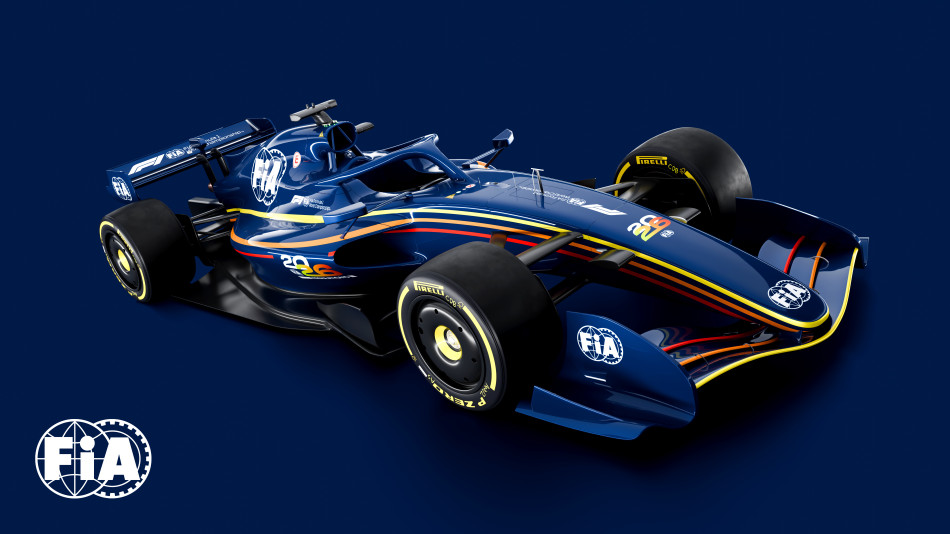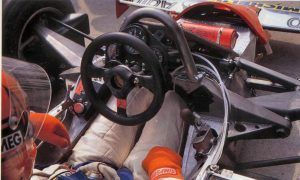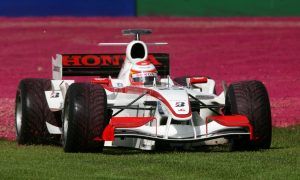
Lewis Hamilton says a weight reduction of 30kg for Formula 1’s next-generation designs is a step in the right direction but will leave cars “still heavy”.
The FIA unveiled on Thursday an overview of the 2026 technical specifications to which teams will design the sport’s future contenders.
The governing body and Formula 1 have worked towards producing a “nimble car” concept, or lighter, more agile and powerful machines that better cater to a drivers’ skills.
Over the past decade, Formula 1 cars have ballooned in weight, gaining over 100kg in ten years to weigh in at a hefty 798kg, an increase attributed to the growing complexity of power units and the addition of safety features.
The consequence has been cars that drivers feel are sluggish and cumbersome.
Acknowledging these concerns, the FIA has announced a 30kg weight reduction for the 2026 season, bringing the minimum weight down to 768kg.
Hamilton admits it’s a positive step, but the seven-time world champion would like to see cars slim down further.
“It’s only 30 kilos so it’s going in the right direction but it’s still heavy,” the Briton said in Montreal on Thursday. “So, I mean I’ve only just seen what you’ve all seen this morning.
“I don’t really have huge thoughts on it just yet, spoke to some drivers who have driven it on sim as I haven’t driven it on the sim, they said it’s pretty slow.
“So we will see whether it’s actually the right direction or not.”

While Hamilton had mixed feelings on Formula 1’s weight reduction, Fernando Alonso was downright skeptical over the sport’s ability to strip 30kg from its cars by 2026.
"I think it is impossible probably to achieve 30 kilos already," commented the Aston Martin driver.
"If the power unit is 50% electric and you need the batteries to support that, cars will just increase 20 or 30 kilos because of the power unit.
"And then you want to reduce 30 [kg] - you need to drop 60 kilos of the current car, which is the same as at the moment, probably to the teams [it's] an impossible target.
"They have two years to achieve that target and as always in Formula 1, what is impossible in 2024 will become reality in 2026 because there are very clever people in the teams.
“But I think all is a consequence of something else that is in the cars."

Williams Alex Albon confirmed what Hamilton has heard regarding the “extremely slow” speeds of the 2026 cars as sampled in the simulator.
"Let's see. I don't want to speak out of turn, but it's going to be very slow, extremely slow," the Anglo-Thai racer said.
"I'm guessing there's a lot of stuff being done around making sure the straight-line speeds are not tapering off at the end with all of the MGU-K and whatnot being involved.
"I still think there needs to be some work done. Seeing the speed traces around some of the tracks... it's pretty slow.
"The size of the cars, I think is the right direction,” Albon added. “Obviously, it seems to be that to recover what these new engine regulations are creating, everything becomes extremely complicated. I'd rather just have a bit more simple engines."
Regarding F1’s next-generation power units, Hamilton noted once again the positive move towards 100% sustainability.
“I think in terms of sustainability on the PU side it’s a bold step and the right direction,” he said.
“We’ve just got to make sure the cars are efficient, fast and a natural step forward, and actually racing is improved.”
Keep up to date with all the F1 news via Facebook and Twitter







